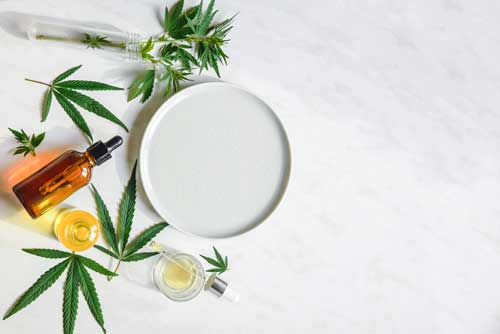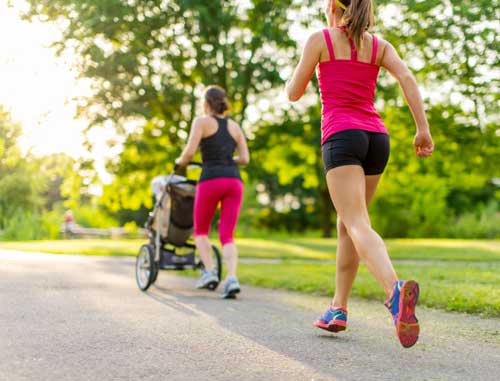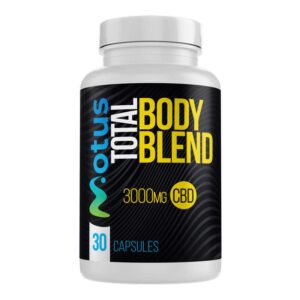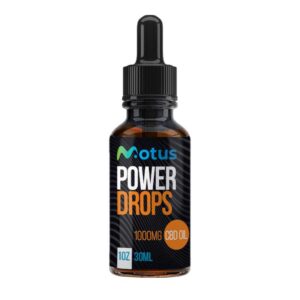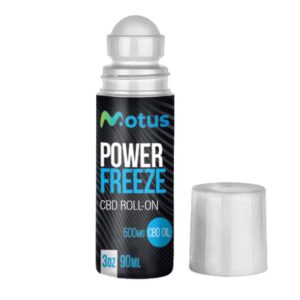Expectant mothers, or women who are breastfeeding can have a tough time finding products that are safe & suitable for their little ones. Anything a mother may consume during these formative years can have significant impacts on their baby’s development. Any responsible mother knows, that sacrificing life’s simple pleasures – wine, junk food, or leisurely habits like cigarettes – is a small price to pay for their child’s health.
As simple a choice as it is for a mother to forego certain potentially harmful products while pregnant or breastfeeding, it is no easy task to determine what is safe to consume.
Smoking or ingesting cannabis has become an obvious faux pas for women with infants, due to the risks of THC. Tetrahydrocannabinol, or THC as it’s commonly known, has been shown to pose risks to young or developing children. Specifically, there are studies showing that this particular cannabinoid can have detrimental effects on the neurological health of infants, children and even young adults. But what about CBD, THC’s safer, non-psychoactive cannabinoid cousin? There are certain cases to be made for hemp-derived Cannabidiol’s efficacy for pregnant or breastfeeding women.
Since cannabis is not accepted as safe for use during pregnancy and breastfeeding, does the same go for Hemp CBD?
A Clarification on Hemp CBD
Before we explore the potential benefits of CBD for women expecting or nurturing young children, it should be known that none of these hypotheses have not been approved by the FDA (Food & Drug Administration). The FDA is delving into the potential benefits of Cannabidiol, but as of summer 2019 CBD’s status is still under review.
Cannabis is not legal in the United States. Alternatively, Hemp – a close cousin to the cannabis plant – was Federally legalized in December 2018 with the Farm Bill. Therefore, CBD derived from hemp, as long as it contains <0.3 % THC, is legal and approved for use.
CBD may be approved, but is it safe for expectant or breastfeeding mothers to use? Let’s explore Cannabidiol a bit further before we consider the potential health benefits (and risks) associated with its consumption.
What IS CBD?
CBD is a phytocannabinoid found in both cannabis and hemp, and even echinacea. Phytocannainoids (often shortened as “cannabinoids”) are plant-derived compounds responsible for the interaction with human/animal bodies, instigating the positive (and negative) effects that these plants are known for. You can find CBD in just about anything nowadays: oils, capsules, candies, vaporizers, topicals & beauty products.
As a well-researched phytocannabinoid, CBD is one of the two major chemical compounds associated with cannabis’ healing properties. Praise for CBD has come from its combination of positive healing characteristics without the risks of feeling a “high” like with THC. Because of CBD’s amazing abilities to heal various parts of the body without getting someone high, it has become one of the most popular new herbal remedies on the market. Its most notable healing proficiencies are, but not limited to: anxiety, depression, pain inflammation (muscles & joints), improving focus, assisting with better quality of sleep and much more.
Hemp, as we mentioned, is related to cannabis but it is not in fact the same species. Cannabis is known for containing high levels of THC and CBD, whereas hemp has been prized – and in fact, legalized – for its combination of high-CBD and low THC content. THC is largely responsible for the psychoactive feelings associated with consuming cannabis. Cannabidiol does not have any psychoactive effects, and it even helps to reduce the “high” when combined with THC.
Advisory Against Cannabis if Pregnant or Breastfeeding
Cannabis has been shown that it is not safe to use during pregnancy and breastfeeding as there is research that indicates THC transfers to both infants in-utero and to breast milk. This can negatively impact an infant’s development. Also, when cannabis is consumed during pregnancy it can negatively affect uterine blood flow.
Most of the negative association of cannabis has to do with THC. CBD (Cannabidiol) is more accepted and is currently being researched in-depth because it has no psychoactive effects. Combined with its bevvy of potential health benefits, researchers are keen to further explore Cannabidiol’s impacts on health – for both mother and baby.
At this time, it is not advised that women who are pregnant or breastfeeding consume CBD – be it derived from hemp or cannabis. Until such a time as more research can be completed, the safest approach is to “wait and see” what the medical professional community determines during its ongoing studies.
Err on the safe side
The uses and effects of CBD are still in their infancy (no pun intended). This is due to the fact that Cannabidiol (derived from hemp) was only recently Federally legalized. With time, research and testing the clinical results of CBD’s efficacy for pregnant women and their babies will be revealed.
There’s not enough research to say for sure if CBD is a safe remedy to take when pregnant/breastfeeding. There has always existed the “grey market” barrier to researchers accessing/publishing studies about cannabis & hemp – until now. CBD is not known to have the risks of addiction or overdose, and it has little to no negative side effects. That being said, there is not enough data or consensus among the scientific community to pass judgment on CBD’s safety for pregnant or breastfeeding women. We want to ensure you are making informed decisions about what you and your child consume. Stay on the safe side, and make your decisions based on your own personal comfort level or at the behest of a medical professional.
Another reason to use caution when considering certain CBD products is because of some market inconsistencies. Some products on the market are not entirely THC-free (remember, the limit for a Federally approved hemp-CBD product means less than 0.3 percent total THC content). Purchasing from licensed, regulated and up-front companies is essential to avoiding any “THC poisoning” (THC content exceeding what the product label illustrates) that has been rampant in the cannabis & hemp industries.
If you decide to try CBD following your pregnancy/breastfeeding, to ensure you’re not getting a psychoactive component, make sure to check that your CBD products are labeled as THC-free (or containing no THC). To be sure what you’re putting in your body, only purchase from reputable brands or ask manufacturers for COA’s (certificates of analysis) proving the product’s contents.
further advisory
If you are still interested in trying CBD while pregnant or breastfeeding, we recommend getting a couple of medical opinions whether it be from your doctor, naturopath, midwifery, or pediatrician. Always remember to do your own research, and make informed decisions – because you’re not choosing a product just for yourself when you’re pregnant or breastfeeding.




